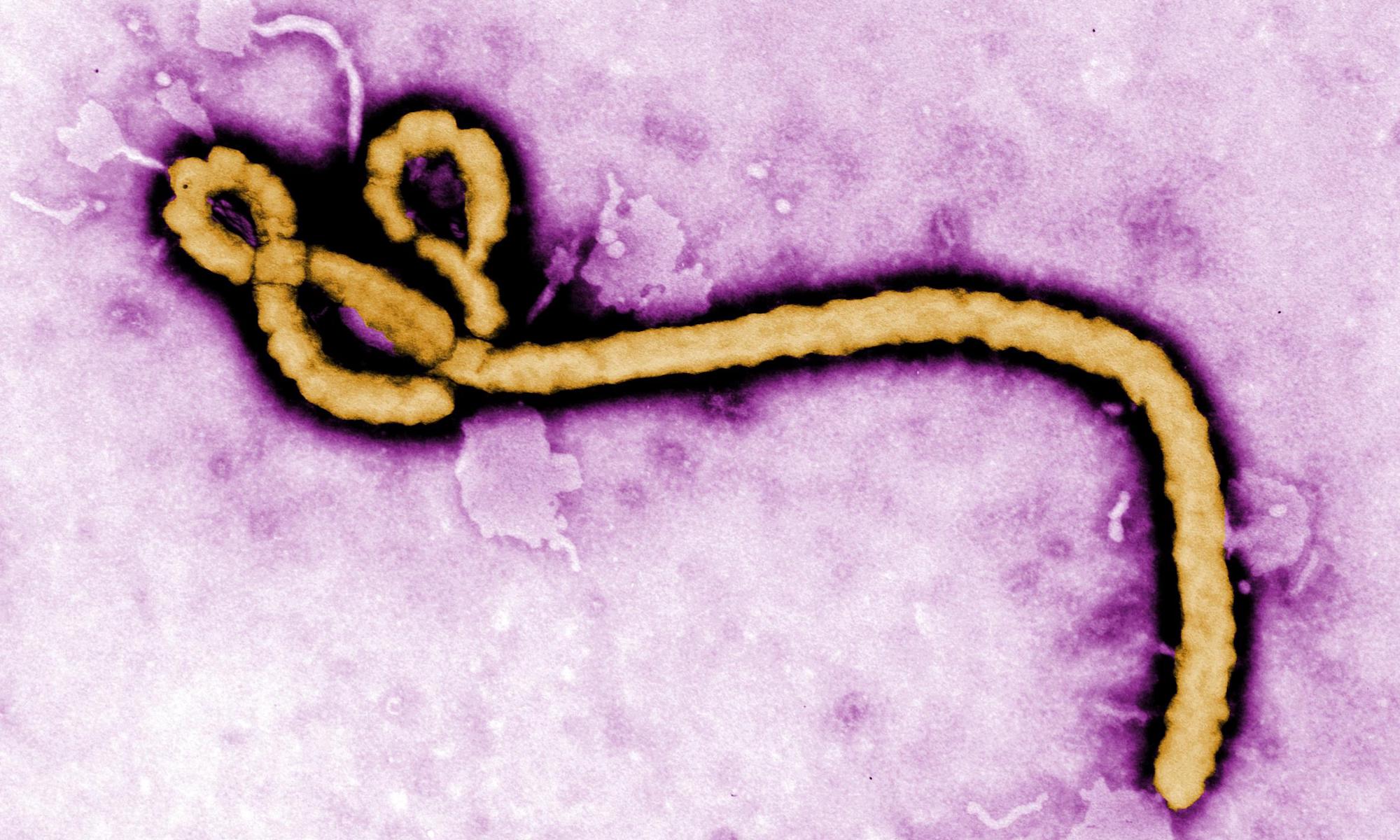The spread of Ebola in West Africa reveals two truths: The disease is swift, and it is devastating. Amid the chaos of deadly outbreak, researchers say another truth may exist: The disease might be quietly inoculating a significant portion of the population who are exposed to the virus but never succumb to it or show symptoms of being infected.
If those individuals have acquired an immunity to Ebola, the strategies for the intervention and treatment of the disease need to be reconsidered, according to a letter published online today in The Lancet, a leading medical journal.
Juliet Pulliam, one of the letter’s authors and an assistant professor of biology at the University of Florida and UF’s Emerging Pathogens Institute, said, “If infection without disease protects people from future Ebola infections and illness, the epidemic should decline sooner than currently predicted and affect a smaller number of people.”
The authors, led by postdoctoral fellow Steve Bellan at The University of Texas at Austin, looked at studies done in the aftermath of an outbreak. One showed that 71 percent of people who had close contact with Ebola patients and tested positive for the virus did not get sick; another showed 46 percent of people who had close contact with Ebola patients and did not get sick had evidence of infection with the virus.
“We want to know whether people who are infected without getting sick become immune,” Pulliam said. “If these people are protected from future infections, this would open up new opportunities for controlling the disease.”
The letter suggests the asymptomatic individuals can help slow the spread of Ebola in two important ways: They can be recruited to work as caregivers in high-risk communities; and their natural immunity may make them prime candidates for donating blood for transfusions.
“If we can take advantage of natural immunity within the affected communities, we may be able impact the course of the epidemic even before a vaccine becomes available,” Pulliam said.
“Even if current projections overestimate how big this epidemic will become, its effects are devastating, and a global effort to control the spread of Ebola within West Africa remains imperative,” she added.
